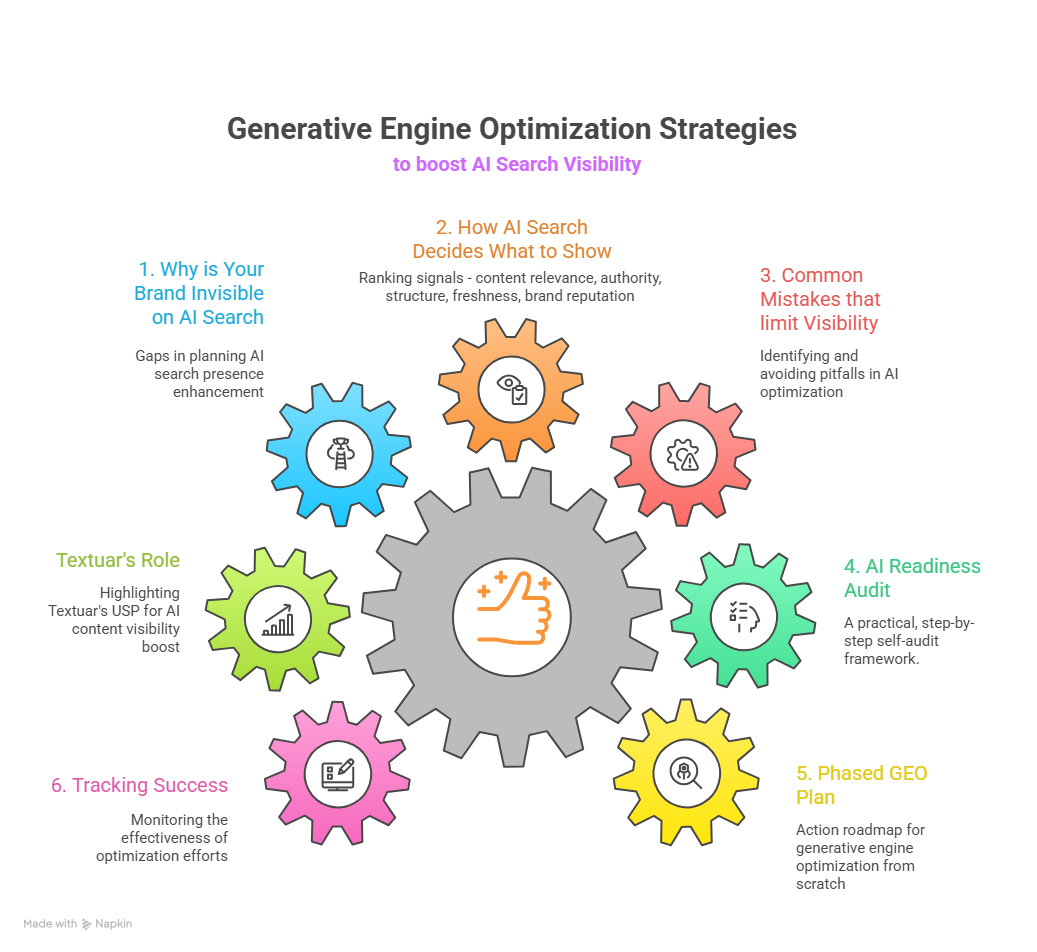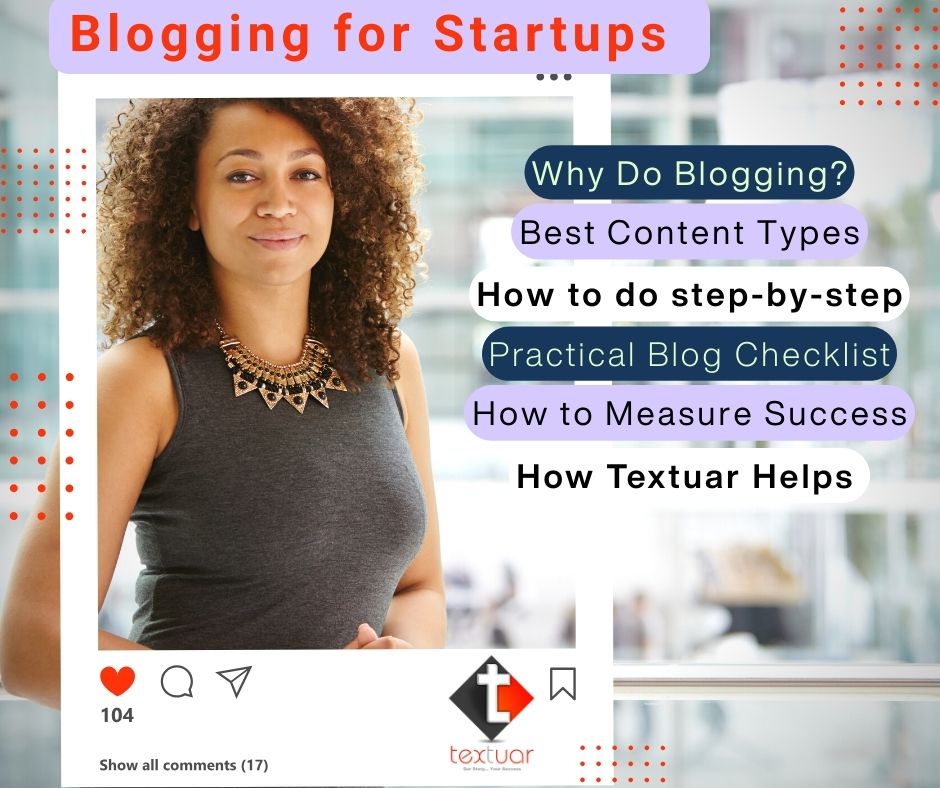You may have a query for a content writing agency, “Does Google Rank AI Content?” The answer is that, yes, the search engine ranks the content. But there are some pretty heavy conditions that the content needs to fulfill. Only then will the search engine bot see the content capable of ranking higher on the results pages.
Be it human-written or AI writing content if the content is not original or matches search intent, then it will not rank well.
What is AI content?
AI generated content is robotic content, be it blogs, articles, or web copywriting; there are different forms of content generated by a content writing company. If the content is produced by AI tools like ChatGPT or Bard, then it is termed AI content.
While this may be a tempting approach to producing content, there is a caveat. Google considers 100% AI writing content to be shallow. As a result, the search engine thinks that such content will fail to deliver relevant value to a searcher.
Hence, AI content (not edited by humans) tends to have a far lower ranking than well-researched, well-articulated content written by actual writers.
What factors help a content writing agency to rank its content higher?
These are some crucial factors that help content get ranked on Google.
- The E-A-T score evaluates the source’s credibility, authority, and level of experience of the information.
- User experience of the content. This covers the readability of the content. Even the mobile-friendliness, web page navigation, and load speed play a crucial role. This is because they amplify the overall user experience when they are on the site.
- The engagement potential of the content should be high. This is determined by the website’s click-through rate, bounce rate, dwell time, and social media shares.
- Freshness is the measure of how frequently information is updated and how well it fits in with the events and trends of the present.
What rules help AI content to rank well?
The following are some rules AI generated SEO content should go by to rank higher on Google:
- Original and one-of-a-kind content will rank well. If it needs to be better rewritten or plagiarized from elsewhere, then the chances of ranking are low.
- Content needs to be appropriate and beneficial for both the search intent and the intended audience.
- Give accurate, factual, and trustworthy information. The insight needs to be supported by reputable sources.
- Highlight your knowledge and authority on the subject.
- There should be no typos or grammar errors that lead to a poor user experience.
- Add catchy headlines. Use internal and external links, meta tags, and keywords. These will improve your SEO, too.
How do you create content that ranks well on Google?
– Pay attention to research
Well-researched content tends to rank well. It meets search intent and cites high-quality sites as credible sources. The original thoughts and opinions of the author then augment this content. Such content depicts ‘Experience’ in the E-E-A-T principles
– People-first content matters so that Google Rank AI Content
As a search engine, do not write for Google. Instead, you need to write for the target audience. You can augment text content with images and infographics and embed short videos. They help a reader to understand the topic better.
– Do not overwhelm content for SEO
As a content writing agency, you should focus on not overdoing SEO optimization in content. Don’t do black hat SEO practices like keyword stuffing or use spam links. You need to use only white hat SEO methods to ensure the content ranks better.
Conclusion
As a content writing agency, this guide will help you get better rankings for your content. In a nutshell, you would need human intervention to ensure that the content strikes a chord with the readers and bots alike. Use these pointers to achieve better search results ranking.
Connect with Textuar if you need a proficient team of writers to produce SEO-optimized people-first content.
FAQ
Q – Does Google have specific policies against AI-generated content?
Google focuses on content quality, not how it is created. It does not automatically penalize AI-written content. What matters is whether the content helps users and follows their quality guidelines. Google looks for expertise, authority, and trustworthiness in all content. The key is making sure the AI content delivers value to readers. Many websites successfully utilise AI content while upholding good rankings.
Q – How can I make sure Google ranks my AI-generated content well?
Do thorough editing and check whether the facts are right or not of AI-written content. Add unique insights and real-world examples that show expertise. Additionally, ensure your content answers user questions completely and precisely. Include relevant statistics and current information from reliable sources. Have subject matter professionals evaluate the content. Then, optimize it for search intent and user experience.
Q – What are some signals that might get Google to flag AI content as negative?
Generic, shallow content that adds no real depth is deemed ineffective. Google may notice if the content does not add unique value or insights. Poor formatting, irrelevant information, and lack of expert input can all hurt rankings. Aside from this, the duplicate content across pages is another red flag.
Q – How important is human editing for AI-generated content’s ranking?
Human editing is very important for the ranking of AI-generated content. This is because the writers or editors ensure that the content flows and sounds natural. They add industry expertise and practical insights that AI may miss. Good editing removes AI-like patterns and awkward phrasing. Human touches make content more engaging and valuable to readers. Even rankings get better with quality editing.
Q – Can AI content rank for competitive keywords?
With the right improvements and optimization, even AI content can rank for the most valuable keywords. And to do this right, proper research and expert input is indispensable. You see, the content has to possess a unique value proposition and user intent. Updating and improving it helps to uphold the rankings. Many top-ranking pages use a mixture of AI efficiency and human expertise. Remember, quality matters more than the origin of the content.










